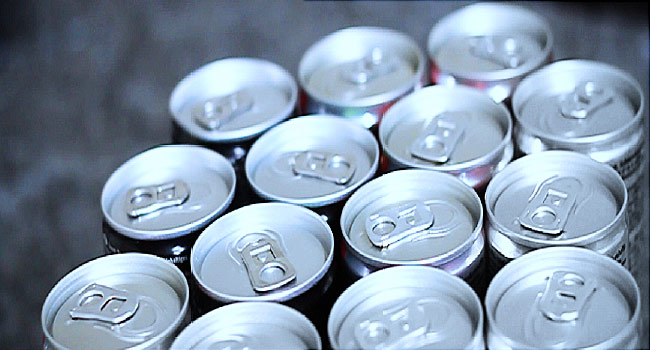
TUESDAY, April 30, 2019 (HealthDay News) — More young Americans than ever are turning to caffeinated energy drinks, and the trend is cause for concern, researchers say.
In a new study, investigators found a significant increase in energy drink consumption among teens, and young and middle-aged adults over the past decade.
Compared to people who didn’t consume the beverages, those who did use energy drinks had much higher total caffeine intake and the drinks accounted for the majority of that intake, the study findings showed.
High caffeine intake can increase the risk of dangerous behaviors, mental health problems such as depression, and high blood pressure and other heart problems, the researchers said. In addition, sugar in the energy drinks can increase the risk of type 2 diabetes, obesity and cavities.
Not only that, mixing energy drinks with alcohol is growing in popularity among young adults and can lead to overdrinking and related threats such as impaired driving, the report noted.
“The increasing use of energy drinks, especially among young adults, is cause for concern and warrants continued study and surveillance,” said senior author Sara Bleich, from Harvard T.H. Chan School of Public Health’s department of health policy and management, in Boston.
“Although the beverages are marketed to reduce fatigue and improve physical and mental performance, frequent consumption of these highly caffeinated and sugary beverages has been linked to negative health consequences,” Bleich added.
In the study, the team analyzed data from more than 9,900 teens, more than 12,000 young adults and more than 11,000 middle-aged adults who took part in the U.S. National Health and Nutrition Examination Survey between 2003 and 2016.
During that time, those who reported having an energy drink on a typical day rose from 0.2% to 1.4% among teens, from 0.5% to 5.5% among young adults, and from 0% to 1.2% among middle-aged adults.
Throughout the study period, energy drink users had significantly higher total caffeine intake compared with those who did not consume the beverages: 227 milligrams (mg) versus 52 mg among teens, respectively; 279 mg versus 135 mg among young adults, respectively; and 349 mg versus 219 mg among middle-aged adults, respectively.
